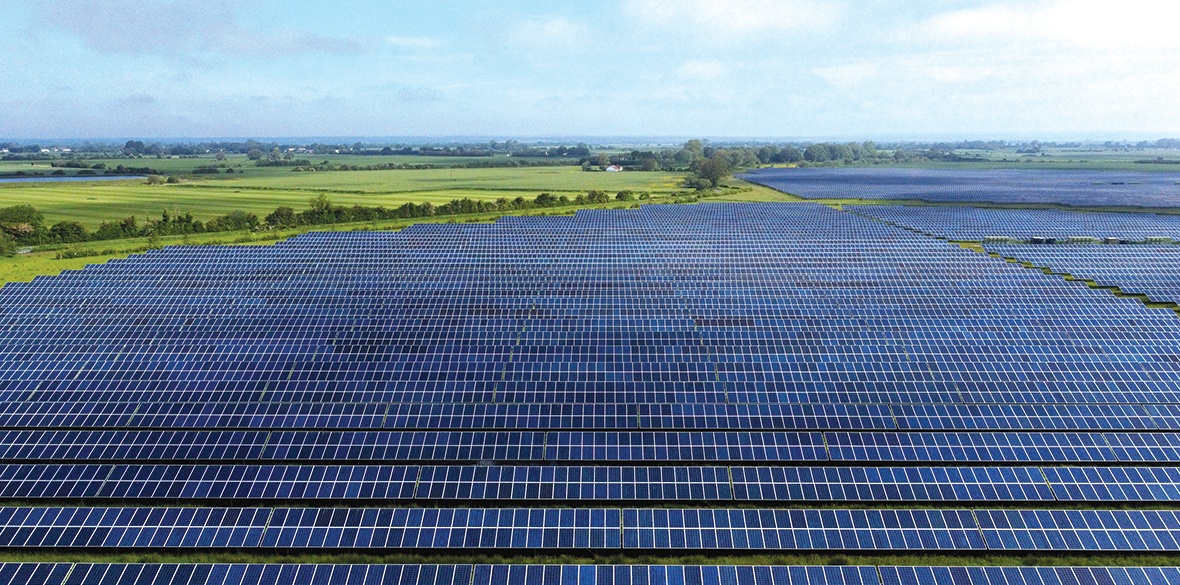This is the last article you can read this month
You can read more article this month
You can read more articles this month
Sorry your limit is up for this month
Reset on:
Please help support the Morning Star by subscribing here
HOUSEHOLDS are in the midst of a cost of living catastrophe which is only set to get worse. Many will face higher taxes when National Insurance goes up, food bills are rising, council tax is expected to increase, lifelines such as the £20 increase in universal credit have been cut and real wages are set to fall as inflation, taxes and interest rates rise.
On top of all of this, annual fuel bills are expected to rise by a whopping 50 per cent to £2,000 when the current energy price cap is raised in April.
So it is right to call for emergency temporary relief. For example, the government must cut the rate of VAT for household energy bills as soon as possible. They must expand and increase the Warm Homes Discount, the costs of supplier failure must be prevented from going onto bills, there must be an increase in universal credit to offset soaring inflation — as well an increase in public-sector pay and the living wage. But as we all know, there are much longer-term problems that must be addressed urgently.
Sadly, many warned of this outcome some time ago. Closing Britain’s largest gas storage plant in 2017 without a plan to replace it was illogical. The government was repeatedly warned at the time that the country faced more volatile winter gas prices and was becoming too dependent on energy imports — and they simply didn’t listen.
The power of a true Green New Deal was also ignored, with paltry levels of investment in renewable, low-carbon energy and storage and no urgent national plan to insulate and retrofit homes to bring energy use down.
But perhaps one of the most acute issues is the business model of the energy sector as a whole.
For years since privatisation the monopoly grid companies prioritised dividend extraction over upgrading the system for renewable energy. For example, National Grid paid shareholders £1.4 billion in both 2020 and 2021 and a record £3.2 billion in 2017.
The generators didn’t really start investing in renewables until public subsidies were put on the table and the supply market is in complete disarray. I say “market” but that’s a real stretch of the term, because with so few energy switchers, the supply companies didn’t really compete for customers, with many stuck on exorbitant tariffs for years.
Even the government eventually admitted there was a problem after huge public pressure and eventually agreed to a form of price cap in the end — although as today’s crisis shows, it is a very flexible price cap.
And now smaller suppliers are folding, creating even less competition, leaving huge market shares for the bigger players who remain.
In response to this collapse, we see the government setting aside billions in public funds to prop up firms too big to fail — but with that public money comes no public stake in return, no change in the broken market, no reduction in household bills and none of the benefits of public ownership.
If our energy system was brought into public ownership however, public companies would not be duty bound to prioritise huge returns for shareholders.
They could invest in the energy system, invest in renewables and use the financially buoyant times to build up reserves to protect against the types of price fluctuations we are seeing.
These companies would be transparent and democratically accountable to the needs of consumers, not driven by a director duty to prioritise shareholder return above all else.
They understand this in Germany, where two-thirds of all electricity is bought from municipally owned energy companies. They understand this is France too, two-thirds buy their electricity from EDF, majority-owned by the French state, which also runs the grids and generates most of the electricity.
Indeed EDF actually supplies and generates energy for homes here in Britain, thus generating profit for the French state, but we do not have our own public energy companies generating a return for people here in Britain. I think most people would find this absurd.
And public ownership does point towards cheaper bills. A 2013 study by the department of economics, management and quantitative method at the University of Milan found when comparing electricity costs across the whole of Europe that public system ownership is associated with prices 20 per cent to 30 per cent lower than private ownership.
In Britain, recent research by David Hall and Vera Weghmann at the University of Greenwich showed that eliminating private energy ownership would be equivalent to a staggering 25 per cent reduction in energy prices.
So it is clear that public ownership must be central to addressing the crisis we face in our energy system and it is time that our communities are delivered an energy system that is not driven by profit, but structured around necessity, fairness and environmental sustainability.
Rebecca Long Bailey is MP for Salford and Eccles.










